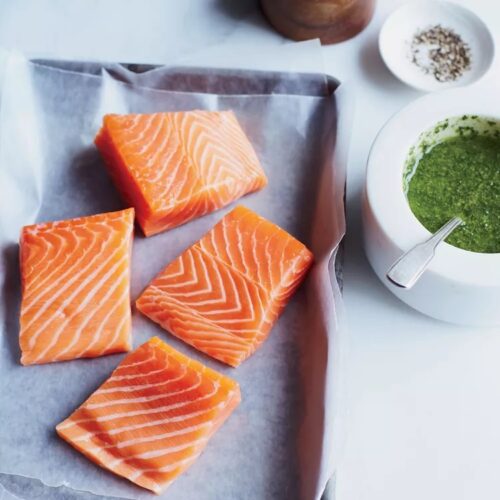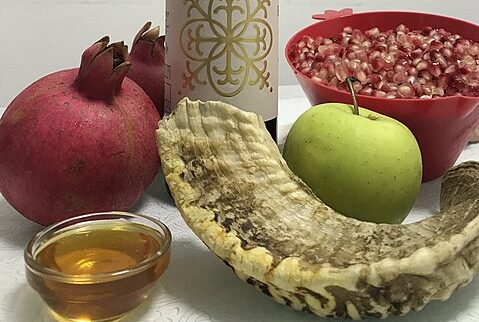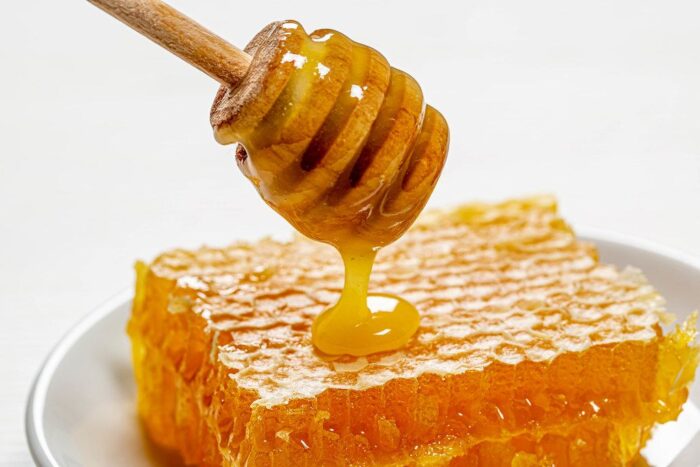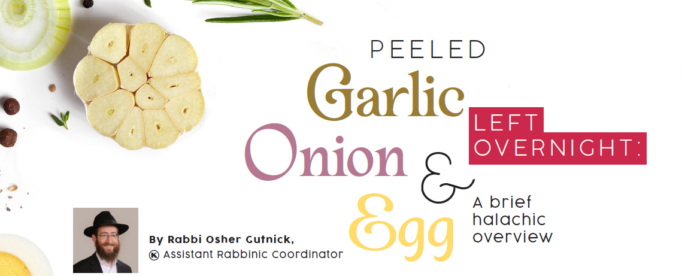WHAT IS SUGAR?
Sugar (sucrose) is a sweetener found naturally in fruits, vegetables and nuts, and commercially extracted from the stems of sugar cane and the roots of sugar beets. The raw sugar contains molasses, which gives it a golden color, and during the refining process the molasses and impurities are removed resulting in refined white sugar. We are all familiar with sugar, as it is a staple ingredient in many of our homes. Sugar is used in almost all types of foods, such as baked goods, beverages, chocolates, and candy, among many others. The average American consumes over 100 pounds of sugar a year.
HOW IS SUGAR MADE?
Sugar cane is a plant that looks like bamboo and grows in tropical climates. The cane is harvested and sent to a sugar mill, where it is broken into small pieces and the juice is pressed out, clarified, concentrated, and crystallized.
Sugar beets grow best in cooler climates. The top is cut off, washed, sliced and boiled in water to begin the extraction of sugar. It is then filtered and crystallized.
At this point, the sugar is considered raw and sent to the refinery. It is washed with warm sugar syrup to loosen the molasses film that covers the crystal. The sugar is separated in a centrifuge, melted in hot water, and clarified with lime and other chemicals. The impurities are then removed during the filtration process. The liquid sugar is evaporated into a concentrated liquid by boiling in a pan under a vacuum. Small sugar crystals are added to the pan in a process called seeding, which causes the sugar crystals to come out of the solution. The mixture is sent to a centrifuge to remove the water and the granulated sugar is dried in a dryer with hot air and packaged.
Brown sugar is refined sugar coated with sugar cane molasses.
Confectionary sugar is regular sugar that is milled to a smaller particle size. While it can be packaged as is, it is typically mixed with about 3% starch in order to avoid clumping. In North and South America, cornstarch is typically used, but in Europe, wheat starch is an option. In kosher for Passover confectionary sugar the product can either be made without any starch, or with kosher for Passover tapioca starch or another anticaking agent, such as tricalcium phosphate.
IS SUGAR KOSHER?
During the sugar manufacturing process, a lot of foam can build up, which disturbs the refining process. Therefore, antifoam is used to reduce the foam. Antifoam can be sourced from vegetable or animal sources. The amount used is small and will be botul, but in OK certified refineries only kosher approved antifoam is used.
Bone Char – some refineries use bone char to filter the sugar. The bone char is made from crushed animal bones that are completely burned (similar to the ash left behind after a camp fire). This is not a kashrus concern because the bone char is not edible, and will not add “flavor” to the sugar. Additionally, the process is done without any heat and the char is completely removed from the sugar at the end. A similar question came up about 180 years ago when the Jewish community discovered that blood was used to refine sugar and the amount used was about 2%, which is above shiur bittul. The Tzemach Tzedek explained in his Shaalos V’Teshuvos (Yoreh Deah 67-68) why it was not a kashrus concern, for the same reasons mentioned above regarding bone char.
Bishul Yisroel is not a requirement for sugar because the sugar cane is edible raw. Sugar beets, which are not edible raw, also do not require bishul Yisroel because the sugar is always a used as food additive and is not an important food by itself.
The rework of confectionary sugar is a potential Passover concern. When the finished product is not up to specifications, the company usually reprocesses the confectionary sugar with the raw sugar to avoid waste. During the filtration and refining process the starch is completely removed and will not be present in the finished product. Once the confectionary sugar is mixed with regular sugar, the starch will always be nullified, but this is a potential Passover concern in places where wheat starch can be used.
Rabbi Hendel is a member of the OK Kosher Vaad HaKashrus.


 EN
EN  ZH
ZH  KR
KR  BR
BR  ES
ES  IN
IN  IL
IL 




